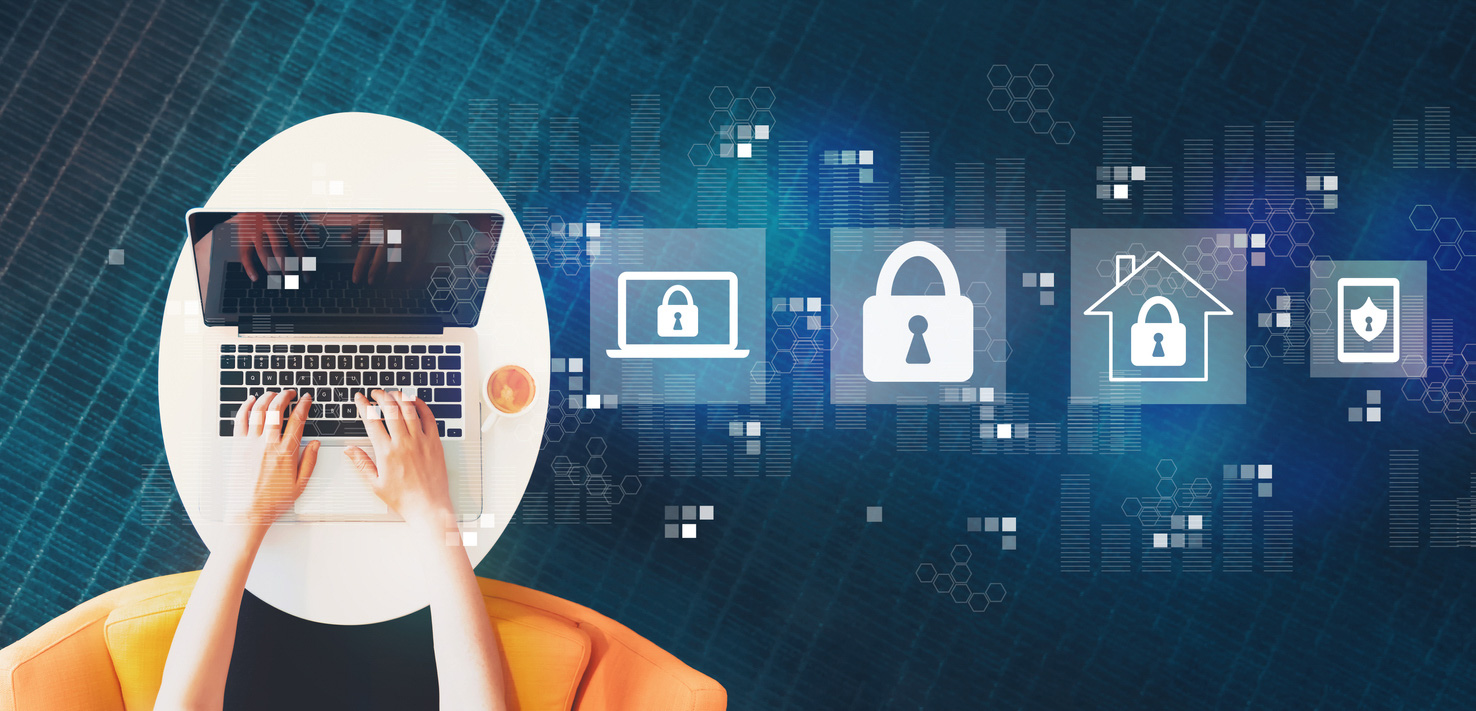Cyberstalking: What is it?
As defined by the FBI, cyberstalking is when an individual uses the internet, or other electronic means to harass or intimidate another individual.
A common characteristic is the tracking of a person’s location and monitoring of their online and offline activities. Many cyberstalkers attach GPS devices to their victims’ cars, use geolocation spyware on their smartphone, and stalk their victims on social media.
Other inappropriate behavior that is intended to intimidate or distress victims is also considered cyberstalking. Cyberstalkers may harass their victims on social media, trolling and sending threatening messages, or they may hack their email accounts, communicating with their contacts, including friends and employers. Faked photos and threatening messages can be part of social media stalking. In cyberstalking, rumors are leaked and false accusations are made, or revenge porn is published. Also, they might create a fake social media profile about the victim or create a fake blog about the victim.
We now understand what cyber stalking is. But who can be the victims? The answer might surprise you. Cyber stalking victims are mostly female, but 20 to 40 percent are men as well.
A cyberstalker does a lot more than just follow someone on social media. The defining quality of cyberstalking is the intention to intimidate.
What To Do When You’re Cyber Stalked
If someone is stalking you online, do not wait and hope it will go away – take action ASAP.
- Cyber stalkers should know that you do not wish to be contacted. You may want to write them a warning that if they continue, you will call the police. Once you’ve issued the warning, don’t communicate with them at all.
- The police or Private Investigator Manchester should be contacted if they continue. There are many police departments with specialized cyber stalking units, but they won’t quibble about the definition of cyber stalking. Whether it’s on Facebook, through email, or by spyware on your phone, they will deal with threats or harassment, Trojan investigations, and intimidation.
- Use a family member or friend’s phone to contact someone if you suspect someone is spying on you through spyware.
- Make sure your computer and phone are checked for spyware and other indications of compromised accounts.
- You should change the passwords on all your accounts.
- You should use your privacy settings to block a social media stalker, and then report the abuse to the social media platform. On the help pages of most social networks, you can find information about reporting cyber stalking.
- You probably know the stalker’s ISP if you’ve received abusive or threatening emails from them. This is the part after the @ in their email address. For more information, contact postmaster@domainname.com or abuse@domainname.com. Cyber stalking is seriously taken by most ISPs. You can report abuse using the Google Mail abuse reporting mechanism. https://support.google.com/mail/contact/abuse.
- To avoid having to read abusive emails, you can filter them into a separate folder.
- Be sure to tell your employer if you’re worried that the cyber stalker will harass you at work.
Any communications from the networks must be saved, including your own, police reports, and emails. Create a backup by using a USB flash drive or external drive.

